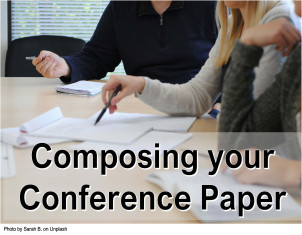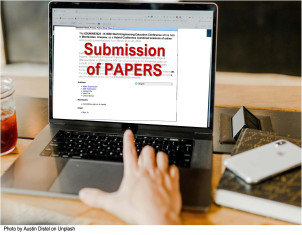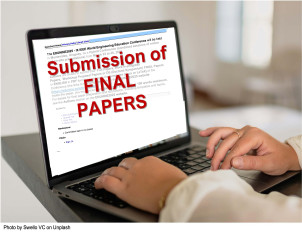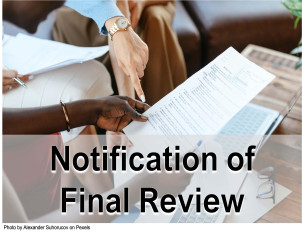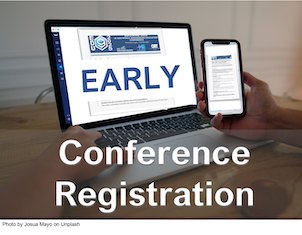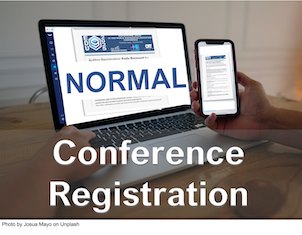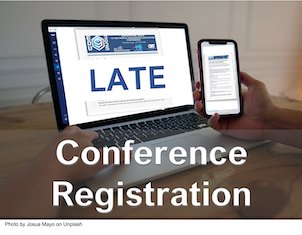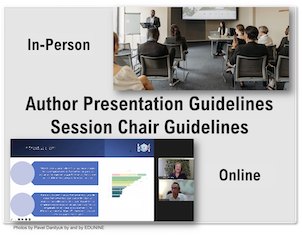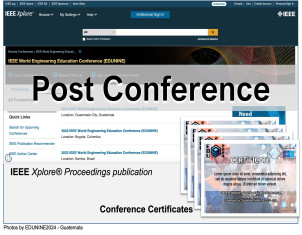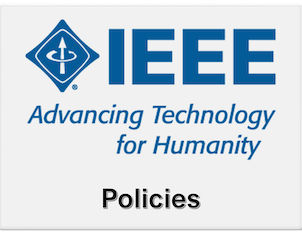
IEEE Policies
Welcome to the IEEE Policies page. IEEE is committed to fostering an inclusive, respectful, and safe environment for all members and participants in our activities and events. To ensure this, we have established a set of comprehensive policies designed to guide our conduct, uphold our values, and protect our community. These policies include:
- Code of Conduct Policy.
- Code of Ethics.
- Nondiscrimination Policy.
- Event Conduct Policy.
- Privacy Policy.
- Publication Ethics Policy.
We invite you to review each of these policies to understand our commitments and your rights and responsibilities as part of the IEEE community. Together, we can create a respectful and supportive environment that enables innovation, collaboration, and excellence.
INDEX

Code of Conduct Policy
Our Code of Conduct outlines the ethical standards and expectations for behavior among authors, participants, and staff. It serves as a foundation for maintaining integrity, professionalism, and respect within our community.

Code of Ethics
IEEE members commit to the highest ethical conduct, ensuring integrity, public safety, and sustainability. They pledge to avoid conflicts of interest and unlawful conduct, respect all individuals, avoid harassment and harm, and support adherence to this code among colleagues.

Nondiscrimination Policy
IEEE is dedicated to providing equal opportunities and eliminating discrimination in all its forms. Our Nondiscrimination Policy ensures that all individuals are treated fairly and without bias, regardless of race, gender, sexual orientation, disability, or other protected characteristics.

Event Conduct Policy
To create a positive and productive atmosphere at our events, the Event Conduct Policy sets clear expectations for participant behavior. This policy is designed to ensure that all IEEE events are welcoming, safe, and conducive to professional and personal growth.

Privacy Policy
Protecting the personal information of our members and participants is of utmost importance to IEEE. Our Privacy Policy outlines how we collect, use, and safeguard your data, ensuring transparency and trust in our interactions.

Publication Ethics
The Publication Ethics and Malpractice Statement ensures all papers are reviewed by experts for relevance, originality, and accuracy. It enforces ethical standards, including avoiding plagiarism, ensuring originality, and disclosing financial support. Rejected articles are not re-reviewed, and unsuitable submissions may be rejected without review.
